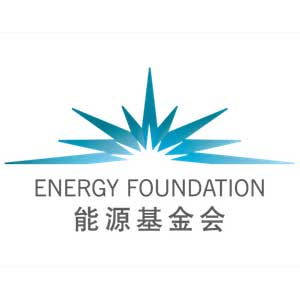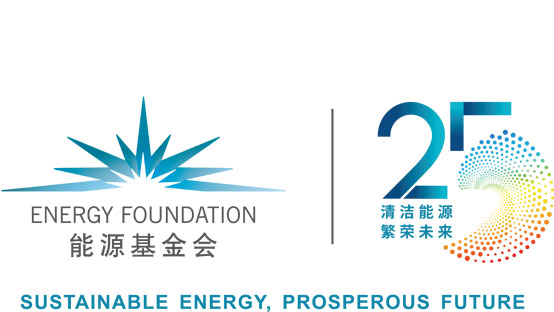Decarbonizing Coal-Based Space Heating in China
In January 2023, the Coal Transition Task Force at Energy Foundation China (EF China) held a webinar about how to decarbonize coal-based space heating in China. Experts at the webinar discussed topics including waste heat resources, renewable energy supplies, heat pumps, and building energy efficiency improvement.
The webinar was attended by senior staff from EF China as well as representatives from climate philanthropies.
In her opening speech, Yu Han, Coal Transition Task Force Director said that heating, the country’s third largest coal consuming sector besides power and industry, is an important component of energy security in China. Some low carbon heating technologies have been commercialized, but their large-scale application still faces many challenges, such as how to deploy renewables in the heating system, how to decouple thermal and electricity supplies, what is a viable roadmap for using unclear technology for heating, according to her.
Next, Wang Zhigao, the foundation’s Senior Director of Low Carbon Cities Program, said that low carbon heating efforts in the future include using decarbonized heat sources for centralized heating networks, developing renewable energy and distributed heating suitable for rural and low-density urban areas, applying heat pumps, and improving building energy efficiency. The world’s largest heating network system in North China will witness the gradual substitution of heating sources from coal and gas-fired boilers to recycled waste heat and ultimately to lower carbon heat sources, according to him, who estimated that the investment payback period of such technologies is 15 years. Dr. Wang also said that in the long term, the heat pump technology has great potential, but is constrained by limited installation space, operation noise, and power grid security when using it in various climate zones and high-density urban areas in China. In the future, China can make use of its closely connected heating networks, and replace coal with clean heating sources such as industrial waste heat, municipal waste heat, and biomass energy, develop cogeneration and heat storage technologies , and promote the large-scale application of heat pumps in suitable areas, he said.



